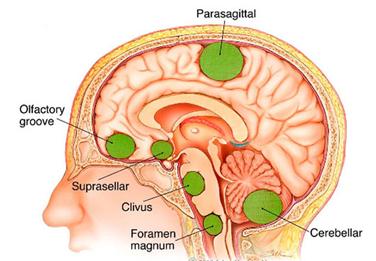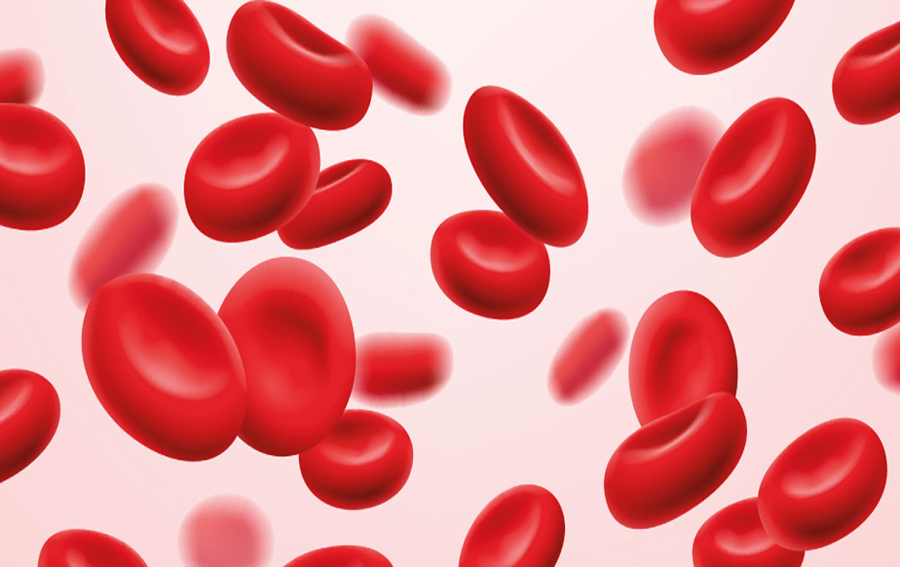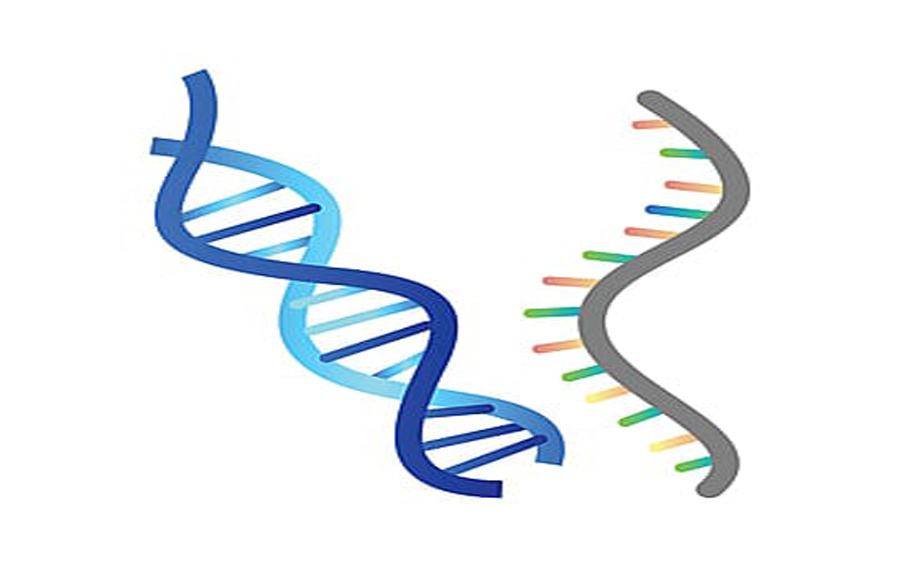Understanding Brain Tumors is a concern to our health. Brain tumors originate in the brain and central nervous system’s cells and tissues. The nervous system can be affected by a variety of things. Nervous system issues can be caused by a variety of factors, including:-
Cancer: – The CNS can be affected by cancers that start in the brain or spinal cord or have spread to the brain or spinal cord.
What is the nervous system?
The nervous system is the coordinating system of the body it is divided into two parts:
The nervous system’s central nervous system (CNS).
- The brain and spinal cord are included in this.
- It controls all major functions of the body.
The nerve system of the periphery (PNS).
- This includes nerves that run outside of the CNS and transport data between the body and the brain. The PNS aids in the management of:
- Movement
- Hearing, seeing, tasting, and smelling
- Internal organs, such as the stomach, lungs, and heart, are in good working order.
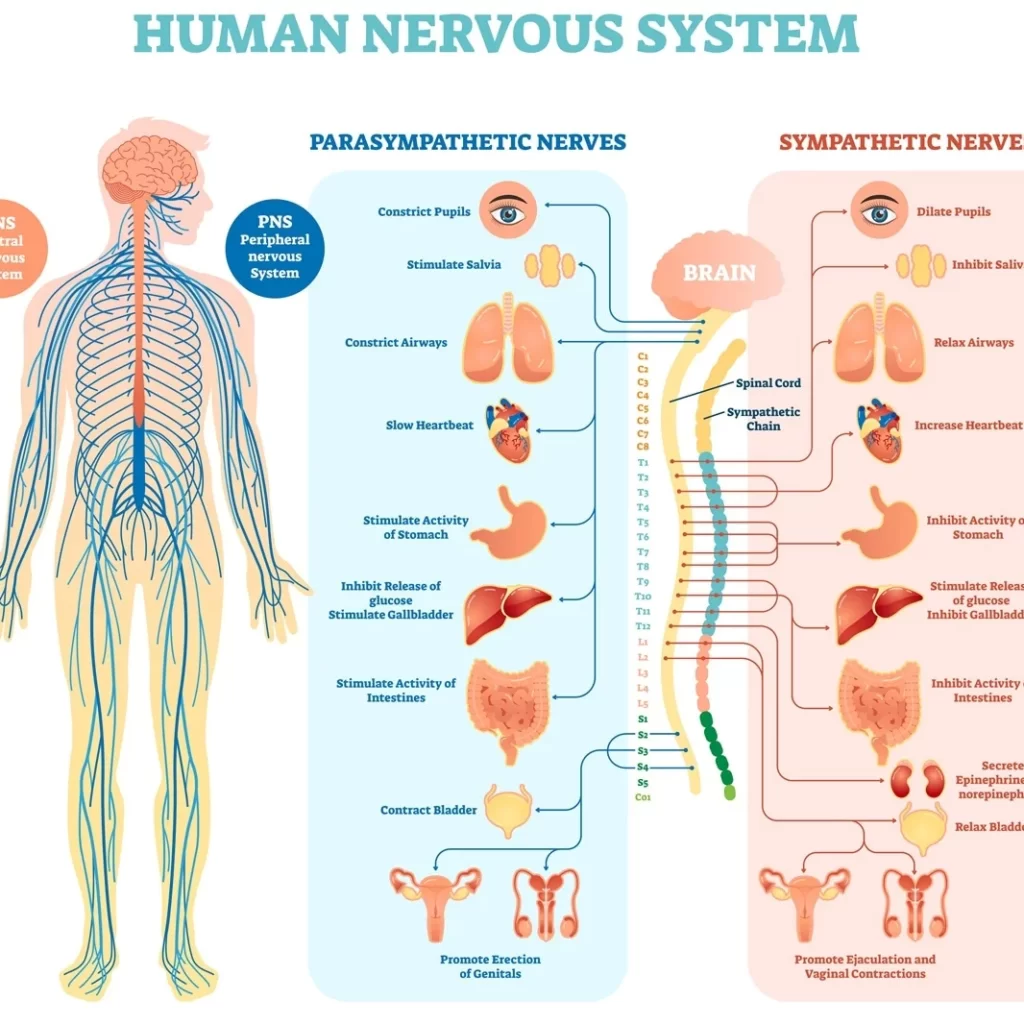
Symptoms of the central nervous system
- Memory, problem-solving, and computation are all affected by cognitive or thought-process alterations.
- Balance issues, dizziness, nausea, and vertigo (the sensation that the room is spinning) are all common symptoms.
- There are issues with coordination.
- Seizures.
Symptoms of PNS:- Understanding Brain Tumours
- An overall lack of strength and coordination is caused by a general weakness. It’s possible that you’ll have trouble walking or holding objects.
- In the hands or feet, numbness, tingling, or burning.
- Constipation.
- Incontinence is defined as an inability to control the flow of urine.
- The inability to obtain or sustain an erection is known as erectile dysfunction.
How to know you have had a brain tumour
According to the research, the indications and symptoms of a brain tumor differ widely depending on the size, location, and rate of growth of the tumor.
There are certain potential symptoms connected with a brain tumor, and a doctor will have to determine whether surgery, radiotherapy, or another approach is the best treatment option. Follow the signs of a brain tumour in your daily life:-
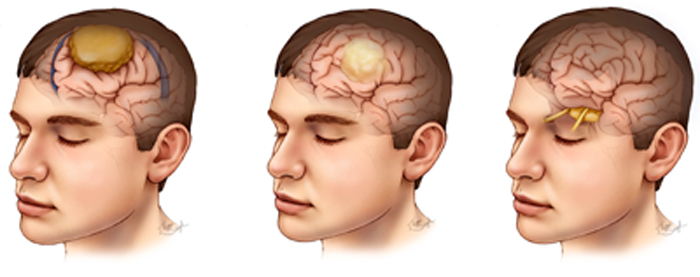
1. Depression:-
Depression, anxiety, and wrath all arise from the frontal lobe, which can become inflamed or squeezed as a tumor grows. It also produces mood or behavior changes that are out of the ordinary.
- Confusion:-
Confusion is a mental state in which a person is unable to think clearly as he or she normally does. It increases during brain tumors. Confusion frequently results in the inability to recognize individuals and/or places, as well as tell time and date. Confusion causes feelings of disorientation and impairs decision-making abilities. Mostly found in brain tumor patients.
3. Headaches:-
If you’re not prone to headaches but suddenly find yourself dealing with them on a regular basis, it might be an early indicator of a brain tumour. Brain tumor headaches don’t respond to counter pain relievers in the same way that other headaches do. Keep in mind that most headaches are unrelated to brain tumours.
4. Fatigue/Lethargy:-
You may also notice that your limbs are heavier and that moving around is more difficult. This tumor-related weariness can cause sleep disturbances and might fluctuate in intensity from day to day, or even within the same day.
- Nausea:-
Nausea is the feeling of having a strong want to vomit. Nausea can be acute and short-lived, or it can be chronic and last for a long time. It is a debilitating symptom of a brain tumour when it lasts for a long time. It can be caused by issues with the brain or the upper gastrointestinal tract’s organs (esophagus, stomach, small intestine, liver, pancreas, and gallbladder).
- Muscle Twitches:-
Meningioma is a tumour that develops on the membranes that surround the brain and spinal cord. It claims that a tumour pressing against these two vital sites might produce involuntary muscular movements known as convulsions, which are also known as motor seizures.
It can also take the form of single or many muscle twitches, or jerks, known as myoclonic seizures.
7. Seizures:-
Specific forms of brain tumours, such as slow-growing gliomas, meningiomas (which affect the membranes surrounding the brain and spinal cord), and metastatic brain tumours, are more likely to cause seizures (cancer that starts elsewhere and spreads to the brain).
A quick onset of convulsions, loss of body function, halted breathing (for 30 seconds or so, which can cause a “dusky blue” skin hue), and weakness or numbness are all symptoms of tumor-related seizures.
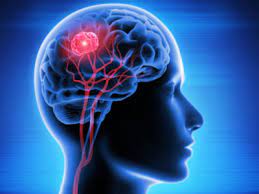
8. Trouble with Balance and Coordination:-
Patients with brain tumors may have difficulty walking and balancing, as well as vertigo (the sense that the room is spinning). Coordination issues (such as tying your shoelaces) may also be affected.
9. Personality Changes:-
Tumors in the frontal lobe of the brain, which serves as the “command center” for personality, will have a greater impact. It will hamper their speech, attitude, behavior, and communication with others. A great change in their daily lifestyle noticed by their family members is seen. Sometimes they may lose their speech.
10. Hearing Loss:-
An acoustic neuroma is a form of tumour that can compromise hearing and can affect one or both ears. While a brain tumour might make it difficult to hear, it can also make it difficult to be heard. Your ear and its inner components may be fine, but your brain’s pathways and receptors may not work if you have a brain tumour.
11. Weakness in One Side:-
During a brain tumour, one side of the body will have weakness, impacting the arm and leg on the same side. Furthermore, a tumour in the frontal or parietal lobe of the brain may cause you to become confused about which side of your body is left or right.
A “changed perception” of touch or pressure is another sign of this type of brain tumour. According to other reports, this may impair your capacity to perceive pain or varied temperatures.
12. Vision Changes:-
Blurred or double vision can be caused by tumours of the optic nerve, and some cancers can cause aberrant eye movements.
You may acquire blind spots, loss of peripheral vision (looking out of the corner of your eyes), or abrupt blindness, according to research, which paints a less rosy image of the relationship between brain tumours and eyesight.
13. Speech Challenges:-
According to studies, brain tumours can impair the parts of the brain that are crucial for clear communication. The affected person’s speech may become difficult, or they may have “linguistic difficulties”, in which they can’t find the correct words to express themselves or understand what others are saying to them.
14. Infertility:-
The pituitary gland, despite its modest size, is responsible for hormone production. Tumors of the pituitary gland can emit a lot of hormones or stop the regular gland from working. It has no effect on a woman’s capacity to conceive or produce breast milk after giving birth. Thus causing infertility.
15. Cognitive Decline:-
A brain tumour could cause a slew of issues with the brain’s ability to process information. Patients with brain tumors may find it difficult to remember information, concentrate on a task, or speak well, as well as feeling confused and unable to think clearly.
The most common type of brain tumour found:-
1. Meningiomas
2. Acoustic Neuromas
3. Pituitary Tumors
4. Gliomas
5. Craniopharyngiomas
6. Lymphomas
7. Hemangioblastomas
8. Pineal Region Tumors
9. Germ Cell Tumors
10. Primitive Neuroectodermal Tumors
Medical science is unable to determine what causes the development of brain tumours. However, some people are more vulnerable than others due to common circumstances. People 65 and older, for example, have a four-fold increased chance of developing a brain tumour.
So change your lifestyle and food habitat that is compatible for a healthy life. Avoid depression and anxiety that is the root cause of brain tumour as recent studies show. This article will my reader maintain a healthy brain.
